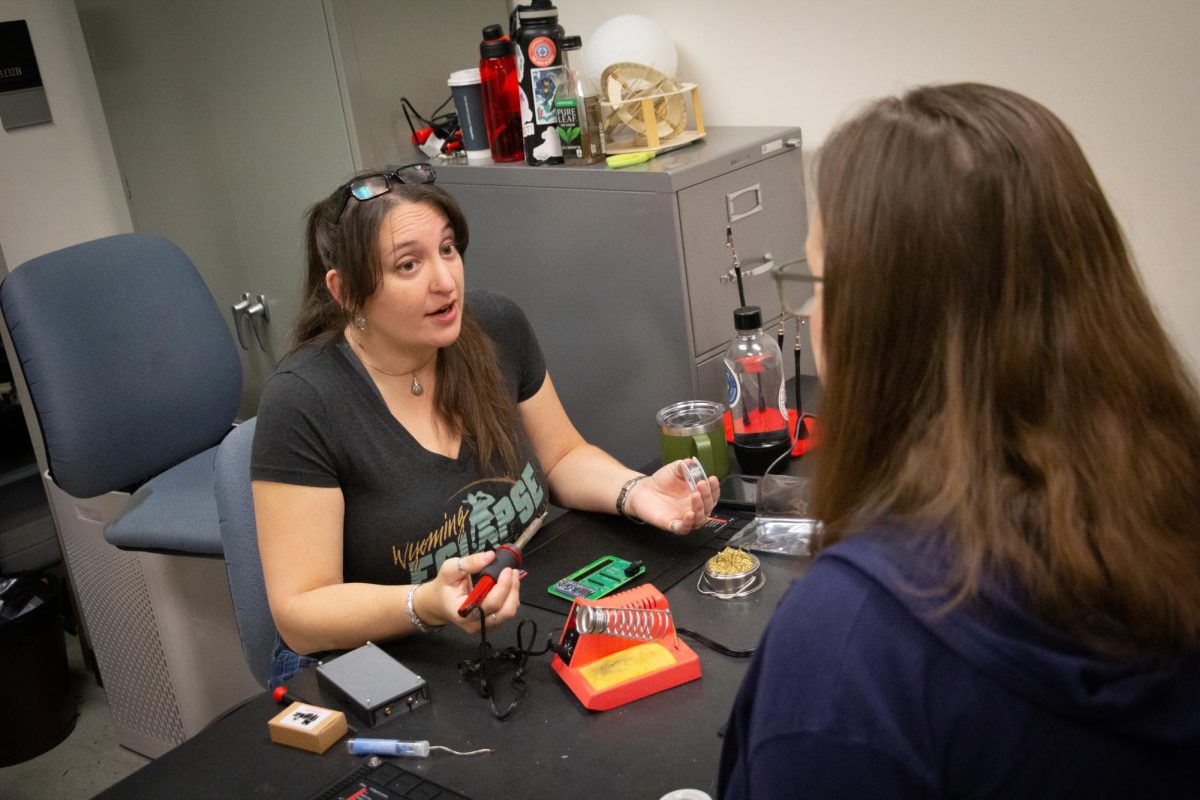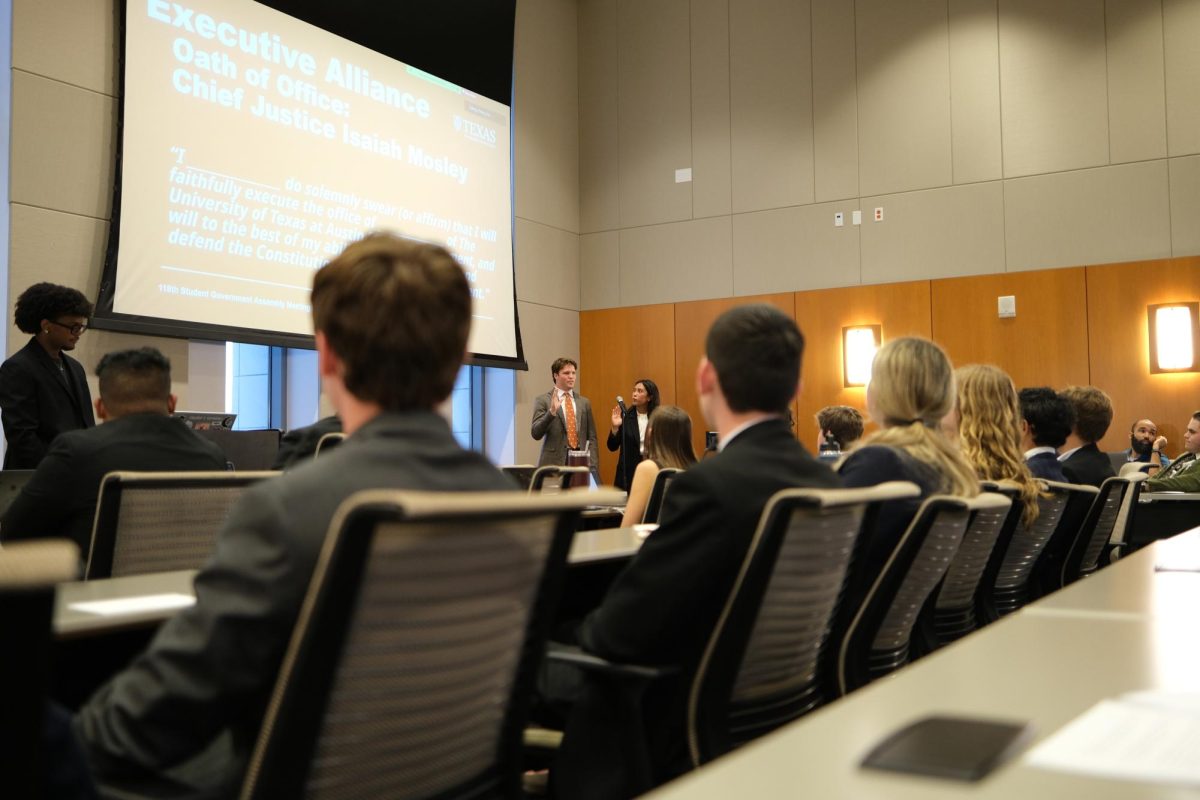UT’s Department of Astronomy hosted workshops on Jan. 28 and 29 to build devices that convert light into sound in order to help the low-vision community experience solar eclipses.
The LightSound Project, an initiative started by Harvard astronomers, led the workshops. Attendees learned how to build LightSound devices, which utilize a technique called sonification, a process that converts light intensity to sound. As the moon eclipses the sun and the light dims, the device outputs a change in musical pitch, said Sóley Hyman, University of Arizona graduate student and member of The LightSound Project.
“When we talk about solar eclipses, we usually talk about them visually,” Hyman said. “There are plenty of people out there that want to experience that, and it’s important to be able to make those events accessible.”
Through the series of UT workshops, The LightSound Project built approximately 145 devices with the help of about 100 volunteers, said Allyson Bieryla, leader of The LightSound Project. The devices will be donated to members of the low-vision community.
Bieryla explained that it is rare for Austin to be in the “path of totality,” where the eclipse is completely visible, and many people will have the opportunity to observe it this year.
“Every time a student … observes something for the first time, it’s always a very similar reaction,” Bieryla said. “Astronomy is very inspiring, and building this device and getting it out into the communities brings in a whole subset of a group that doesn’t always have the resources they need to participate in science in an active way.”
Biology senior Cristian Moreno said he participated in the workshop because allowing more people to observe the eclipse is a good cause, especially with the eclipse visible in Austin.
“It’s a once-in-a-lifetime opportunity,” Moreno said. “It’s so rare for something this beautiful to happen entirely localized within our state. Everyone should get the chance to see it.”
Attending the workshops and experiencing the eclipse can be interesting for a wide range of people, whether for the cultural or scientific impact of the eclipse, said Anthony Taylor, a postdoctoral fellow in the Department of Astronomy.
“For anyone who’s interested in hobby electronics or just tinkering around with this kind of stuff, there’s something cool for them,” Taylor said. “People are interested in helping a good cause; there’s something in it for them. It speaks to a lot of different people for a lot of different reasons.”













